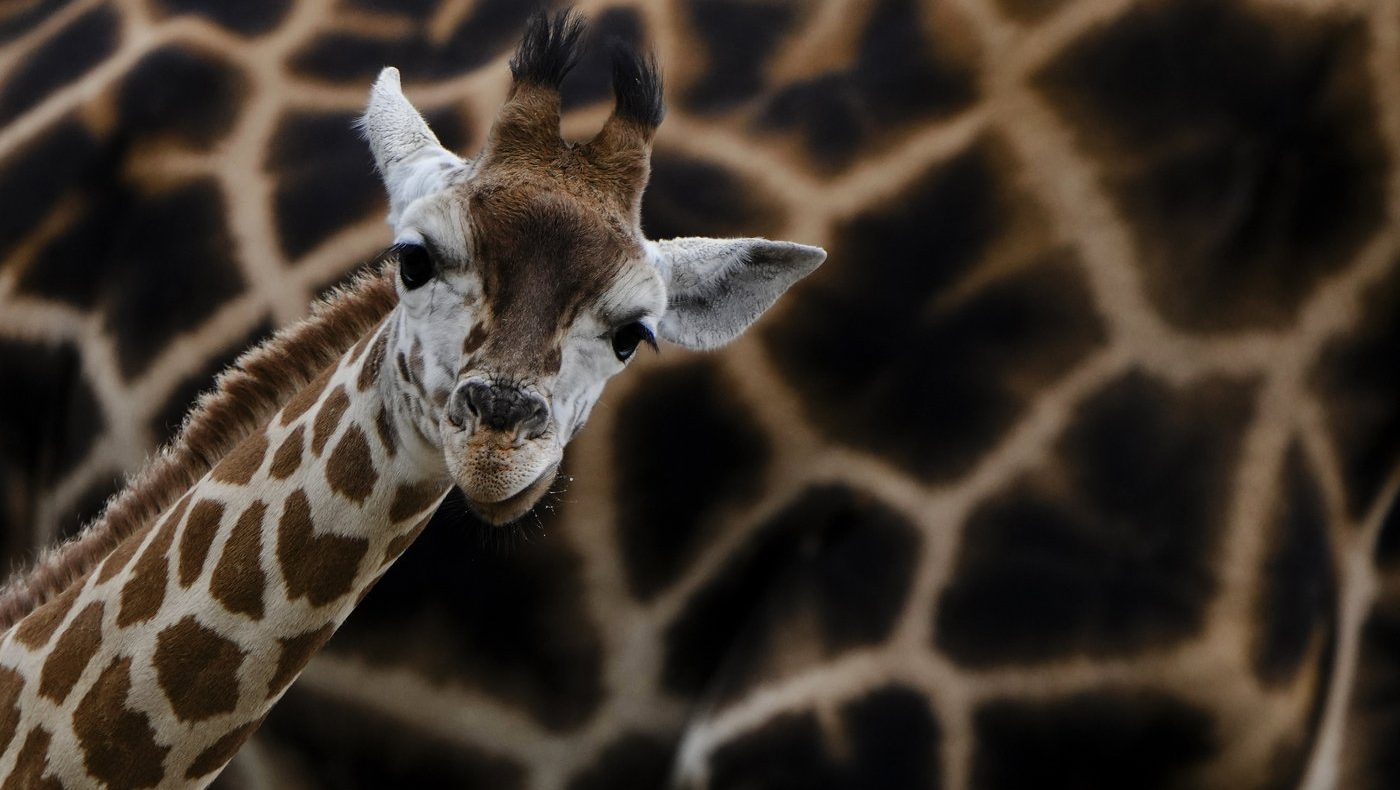When it comes to famous animal researchers, Jane Goodall is likely to top that list.
Her recent passing is shining a light on the contributions of women in the sciences, but a new Historica Canada Heritage Minute, premiering Oct. 2, celebrates the life of an unsung Canadian hero.
Anne Innis Dagg fell in love with giraffes at a young age. After graduating from the University of Toronto in 1956, she left home and travelled by herself to South Africa to study the animals in the wild.
Mary Dagg, CEO, Anne Innis Dagg Foundation, said her mother was a true-blue trailblazer.
“She was the first western researcher to study a giraffe in the wild. Male or female. And was in Africa about four years before Jane Goodall was.”
Anne wasn’t only the first to study giraffes, she was the first person to study any of the large African mammals in the wild.
Mary described how her mother had to use her first initial when signing correspondence to hide the fact that she was a woman. She faced sexism and discrimination along the way, but focused on the animals and her research.
Anne was denied tenure at the University of Guelph in 1972. She was also rejected by the University of Waterloo, both schools questioning her credentials at the time.
Her dedication eventually led to the publication of her first book in 1976, The Giraffe: Biology, Behaviour, and Ecology.
That book soon was being used to guide the care of giraffes in zoos around the world.
Mary said her mom’s research is still helping to care for the animals to this day.
“A couple of years ago, before my mother passed away, we went to a couple of zoos in Japan and Korea, and they were still using my mother’s book.”
Over the years, Anne authored 16 books and published several articles on various topics, but mainly focused on animal behaviour.
Mary said her mom’s story is one of dedication, perseverance and determination. It’s the story of a woman who didn’t care about the limitations put on her because of her gender. She calls her mom an inspiration.
“Especially for young girls. When they’re growing up and they want to explore the world, they don’t have this thing on top of them saying ‘I’ve never seen another woman do it, so maybe it can’t be done.’ Or, ‘I don’t want to be a pioneer, I want to follow someone else’s path, but there’s no one else out there.’ They need to know my mom was a pioneer and she was Canadian.”
Anne won several distinctions during her life, including the Batke Human Rights Award from the K-W Status of Women in 1984. She was also named an honorary member of the Canadian Society of Zoologists in 2019.
Anne passed away in Kitchener on April 1, 2024, at the age of 91.

